
Not many twenty-somethings wear medical alert bracelets, or think much about about things like medication lists or emergency contacts. Birth control and daily vitamins don’t really call for inscribed pewter accessories, and many of my friends have even less than that to keep track of. But as a nurse, I’ve seen the complications that lack of accessible medical information can cause, and creating a way of letting providers know my info in the event that I can’t tell them myself is important to me.
For years, I slipped a business card inside my cellphone case with a few important names scribbled on it. Later, I found out that Siri could be accessed through a locked phone, so I set my iPhone to allow this, hoping whoever found me, in whatever emergency might befall me, would know enough to tell her to dial my “Moom.”
But recently, after I [belatedly] upgraded to iOS8, I realized that Apple has taken a giant step in helping me make my med info accessible: Medical ID. This function, which can be accessed while a phone is locked and an emergency call is attempted, can house everything from the name of your health care proxy to your list of meds, diagnoses, doctors’ contact info, and anything else you’d like to tell those attempting to save your life. To update this information and create your personal “emergency card,” you simply add what you want to be seen via Apple’s new Health app.
Lest you be swayed by laziness or confidentiality concerns, let me tell you why I didn’t hesitate to update my phone with my emergency contact (who knows all of my medical info), doctor’s name and blood type, as soon as I noticed the red Medical ID icon lurking in the corner of my emergency call screen:
I’ll never forget the young man that was beaten until brain dead on a street in the city I first became a nurse. His body remained in our ICU for weeks before a family member came forward to identify it. Another time, a young girl took a bad mixture of drugs at a nearby party – she arrived to my unit in the middle of the night, cell phone locked and contacts days away from finding her whereabouts. These, and my daily bike route around New York City, serve as pretty convincing personal motivators.
With that being said, I find it odd how little attention this pretty rad feature is getting in health policy news. Not only does the Medical ID allow users to store and safely share vital information about their medical care, it recognizes the life-tie we have to our phones, and the important part that they play in our daily health. If phones move past exercise and calorie trackers into the realm of care coordination, as they likely should, health care culture must shifts towards them. Coordinating your own medical records via your most-used device seems like the natural first step toward personal health promotion.
While I found a few comparable Android apps (Medical ID, ICE, to name a few), it seems that they all have to be downloaded, and some paid for, where Apple’s is part of its most recent software upgrade. The company’s commitment to health is pretty incredible, actually; you can set a Medical ID, coordinate your providers, and even participate in clinical trials via your iPhone.
To be fair, this post isn’t an Apple-sponsored advertisement. Their new health app has been criticized for many things; leaving out a period tracker for women is one that’s high on the boo-list. Further more, relying on your phone to convey your health info can be problematic – there’s always a chance that it’ll be MIA if ever your medical information is needed. Or out of battery. Nothing substitutes a card in your wallet listing your medications, contacts and history. To top that, absolutely nothing substitutes knowing them all by heart.



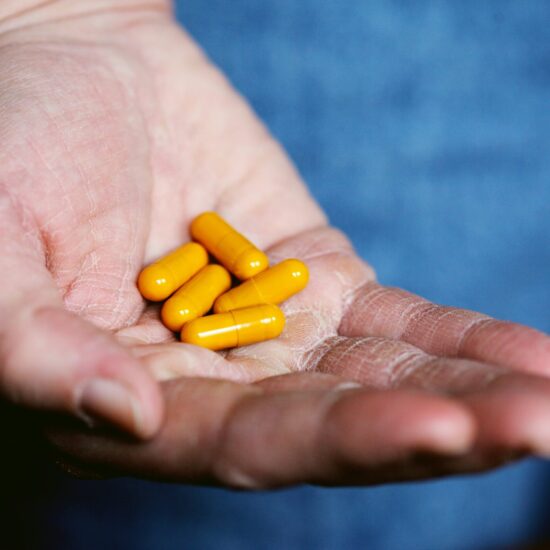
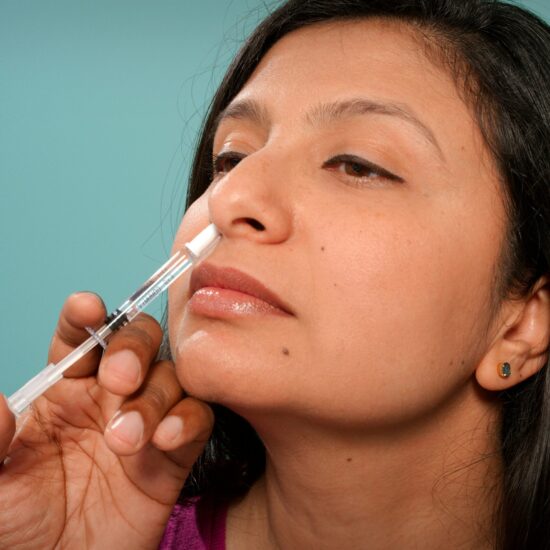
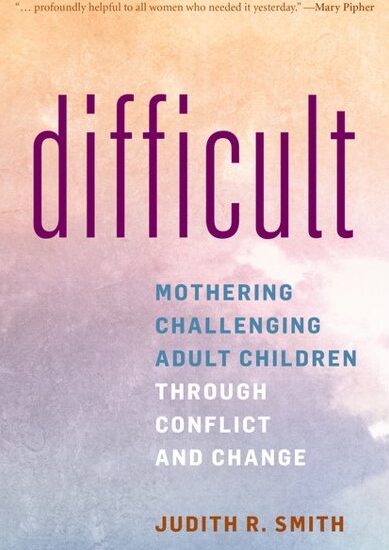
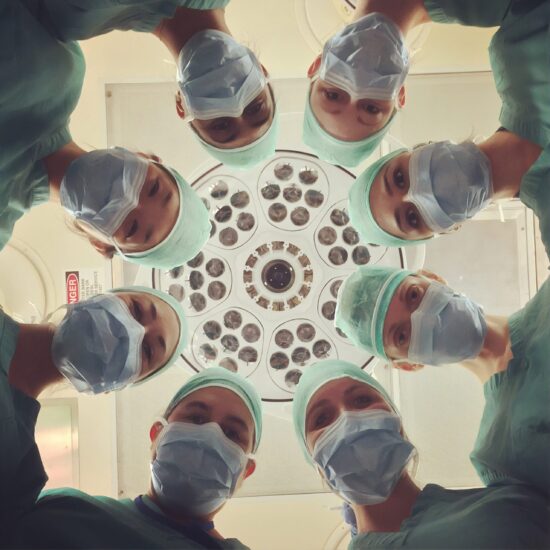
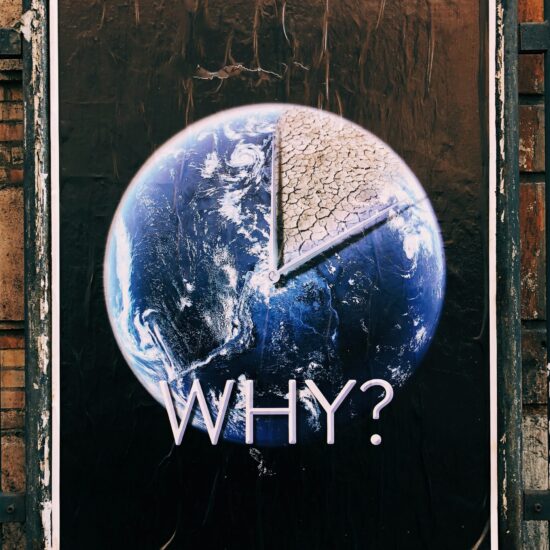
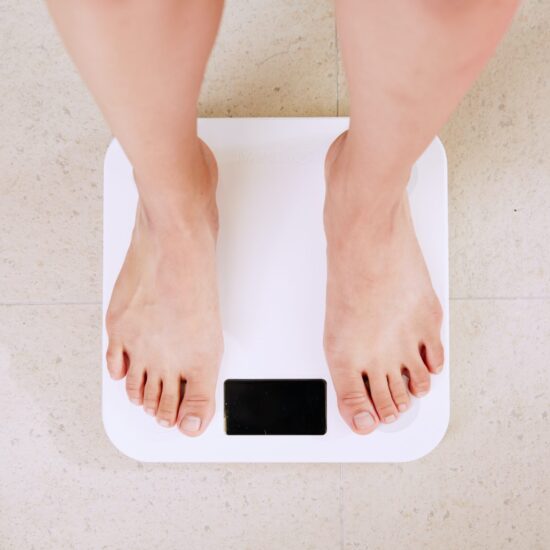
djmasonrn / May 20, 2015
But isn’t knowing your info by heart the problem when you are unconscious or cognitively impaired? I’m hoping my Droid will catch up!
/